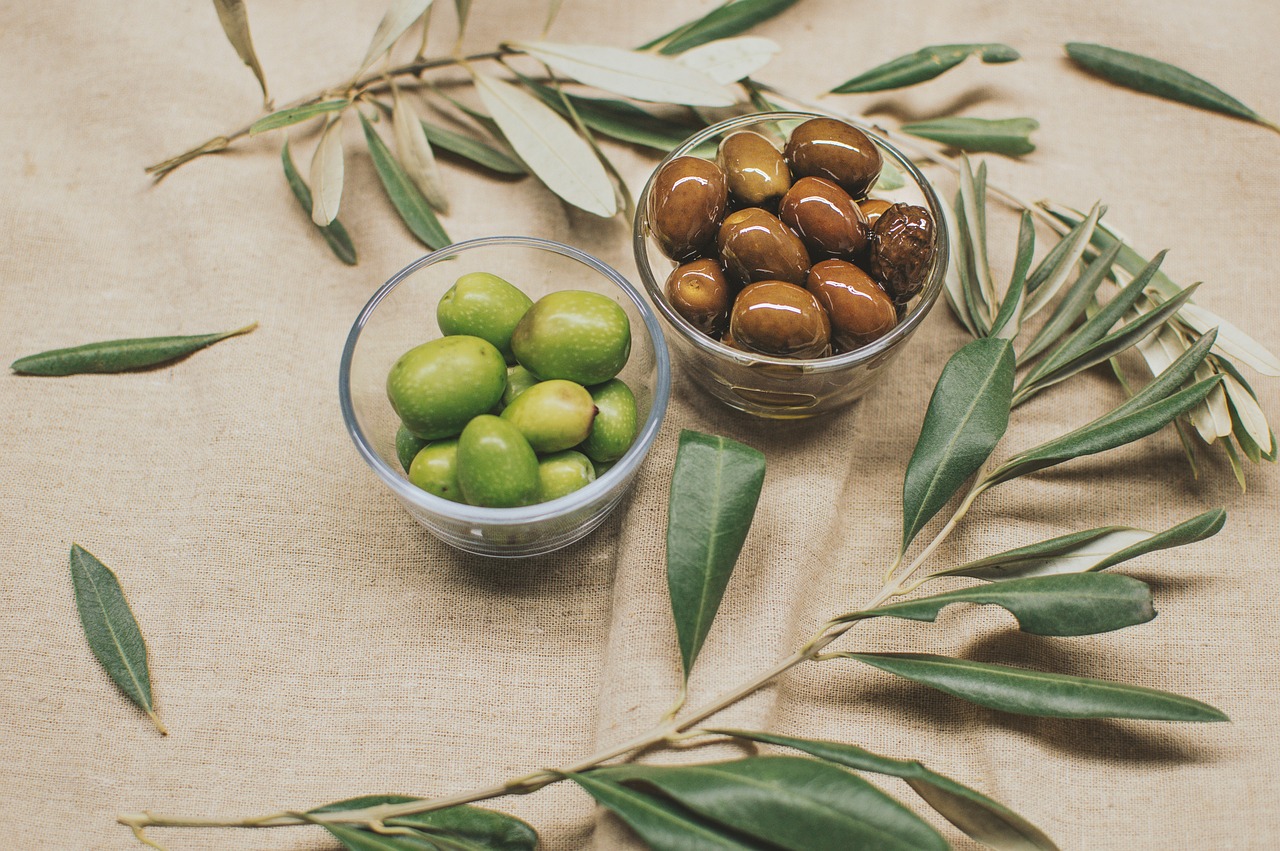
Today is June 1st and on this day in history, and it is National Olive Day.
Picture the first human who looked at an olive tree—gnarled, ancient-looking even when young—and thought, “I’m going to eat that bitter little nugget.” Raw olives taste like punishment. They pucker your mouth and make you question your life choices. But somebody, probably desperate, figured out that time and salt could transform these green marbles into something worth fighting over.
The Greeks built their economy around olive oil. Romans paid their soldiers with it. Mediterranean cultures measured wealth not in gold but in the liquid gold that came from crushing these fruits. Ships sailed across dangerous waters carrying amphorae full of the stuff. Empires rose and fell over control of olive groves.
In the dusty hills outside Jerusalem, there’s a garden called Gethsemane—the oil press. Jesus spent his last free hours among olive trees, their silver leaves catching moonlight while he wrestled with what was coming. The symbolism writes itself, but it’s not symbolism when you’re actually there, when the oil press is a real place where real people made real oil from real olives to light their real lamps.
Fast forward two thousand years and olives still matter. Walk into any American grocery store and you’ll find an entire aisle dedicated to olive oil variations. Extra virgin, cold-pressed, single estate—we’ve turned ancient sustenance into artisanal identity. Your choice of olive oil says something about who you think you are.
The olive branch became the universal symbol of peace, which makes sense when you consider how much work goes into an olive grove. You don’t plant olive trees for yourself; you plant them for your grandchildren. They take decades to mature, centuries to reach their prime. Some olive trees in the Mediterranean are older than Christianity. They’ve watched empires come and go, their roots drinking the same water that sustained Roman legions and Byzantine merchants.
Maybe that’s what National Olive Day really celebrates—not just a fruit, but the long view. The patience to plant something you’ll never see in its full glory. The faith that bitter things can become sustenance, that time and care can transform almost anything.
The olive endures. It bends but doesn’t break, bears fruit in harsh conditions, and somehow manages to taste like sunshine preserved in salt.
Leave a Reply